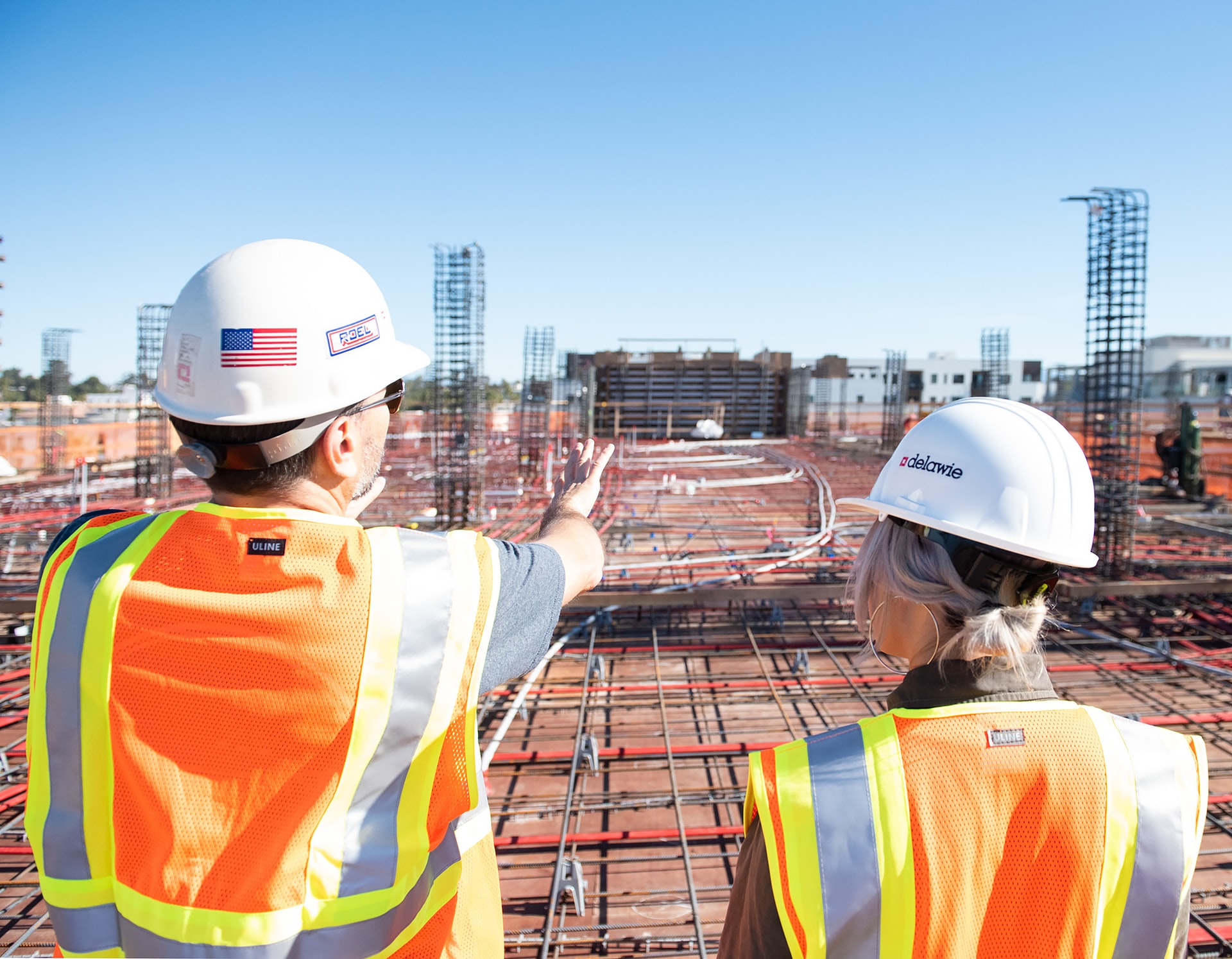Have a story idea
Have a story idea? Send it to us here.

Source : Unsplash Joe Holland
June 8, 2022
Author : Alex Bustillos
The Bipartisan Infrastructure Law (BIL) allocates $1.2 trillion in government funds to upgrade the nation's infrastructure. This includes transportation, the electricity grid, broadband, and a wide variety of public works projects.
Over half of the funding during the next few years—$550 billion in new spending—will go to state and local governments.
The funding will not only allow state and local governments to accomplish many long-held infrastructure goals, it also will generate numerous jobs and the growth of an array of US businesses.
Yet, one factor increasingly being discussed as posing a potential roadblock to these developments is that the country is undergoing the highest inflation rate in over forty years.
While non-building inflation fell to -0.2% in 2020, it jumped to 9.1% in 2021.
Inflation in the US has risen to a 41-year high of 8.4 percent in the year to the end of March, and it is the fastest increase rate since December 1981. The consumer price index in the United States increased by 1.2 percent in March compared to February, and this 1.2 percent increase is the greatest month-to-month increase since 2005.
The main cause of rising inflation rates has been skyrocketing petrol prices.
Gas prices in the United States have risen significantly since the Russian federation began its special military operation in Ukraine, and the US-led NATO (North Atlantic Treaty Organization) countries imposed sanctions upon Moscow.
While sanctions have created economic difficulties for Russia, they have had a harmful boomerang effect on the European Union and rising energy and wheat prices. It is speculated by many experts that some of the sanctioned Russian oil will make its way back to western markets through ‘middlemen’ businesses.
A peaceful end to the conflict looks uncertain as Russia has provided no indications as to where its advances will end. Furthermore, US policymakers appear unwilling to allow for Ukraine to become a neutral buffer state, but instead are spending lavishly on sending arms into the warzone.
As the war rolls on, the rising cost of the transportation of commodities has increased due to heightened gas prices, exacerbating inflation rates worldwide.
This comes at a time when Department of Transportation (DOT) officials and state lawmakers were rejoicing at the billions of dollars in additional funding for road and bridge construction under President Biden's $1.2 trillion IIJA.
Rising costs have already begun to be felt by state DOTs. An example of this can be seen in Pennsylvania.
With rising inflation and difficulties obtaining basic supplies such as concrete and asphalt, particularly for overnight work, Pennsylvania Department of Transportation (PennDOT) officials are concerned that the federal windfall would not provide nearly the advantage they anticipated. The low bids for contracts have been 10% to 20% higher than the department anticipated.
"We're seeing higher costs, supply chain issues, and our contractors are also having problems getting laborers and especially night work laborers," said Christina Gibbs, spokeswoman for PennDOT's District 10.
Bids across the state are averaging approximately 4.7 percent more than planned, according to Christine Spangler, director of project delivery at PennDOT's central office in Harrisburg, but that's after the department adjusted for inflation at the beginning of the year.
According to Vince Tutino, president of The Lindy Group, inflation has particularly impacted the asphalt industry because the sector relies on petroleum to manufacture and deliver its goods.
The price of a ton of liquid asphalt has risen from around $450 last year to $738.
Mr. Tutino estimated inflation would use up about 20% of the infrastructure stimulus funds.
Mr. Niederriter of Golden Triangle had an even more dire prediction: "I think almost all of it will be eaten up by inflation."
We here at Contractor News have already covered how the Russo-Ukrainian war has been one factor in pushing a steel price surge in the UK, as well as the role of growing worldwide cargo and oil prices. Keep an eye on us for more updates and analysis.
Let us know what stories you would like us to cover at: info@contractornews.com
Category : Department of Transportation Federal Government International Investment in Infrastructure Market Watch Material Costs State Government Public Works
